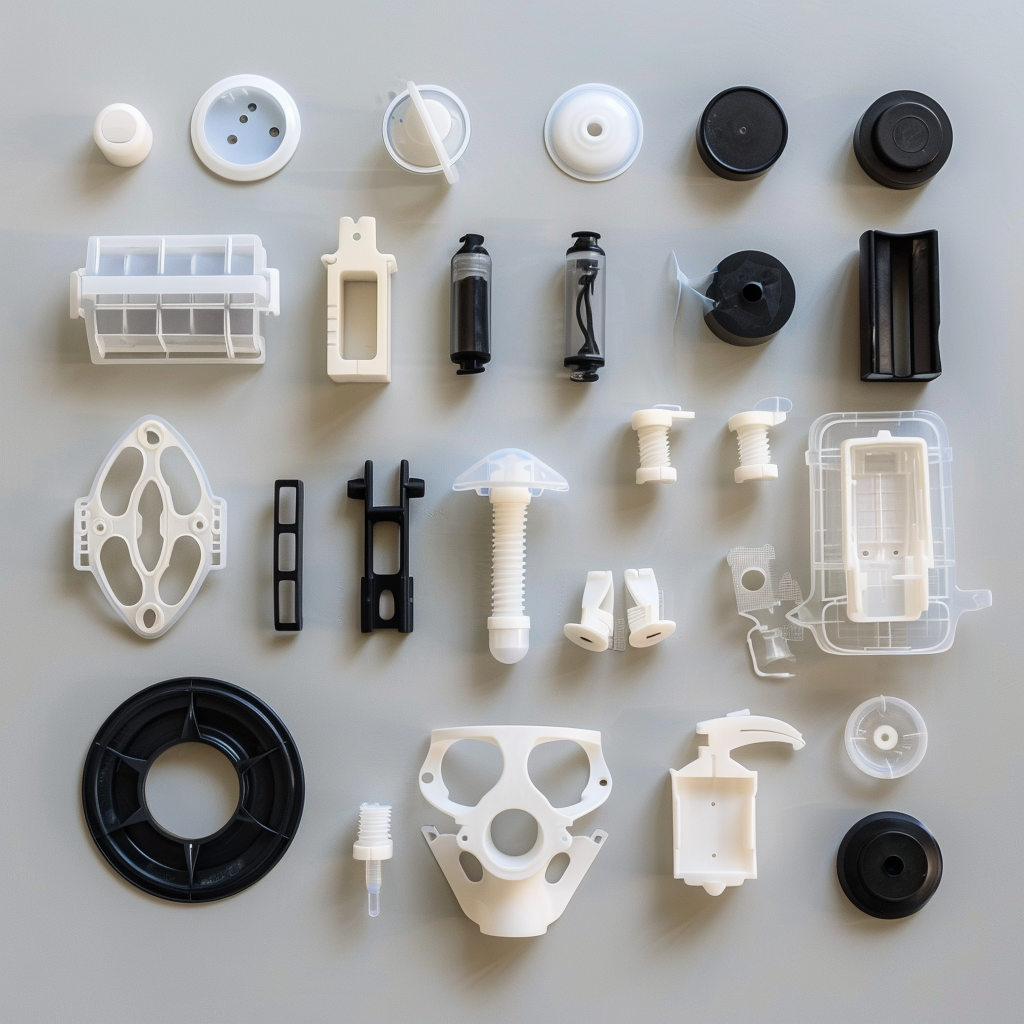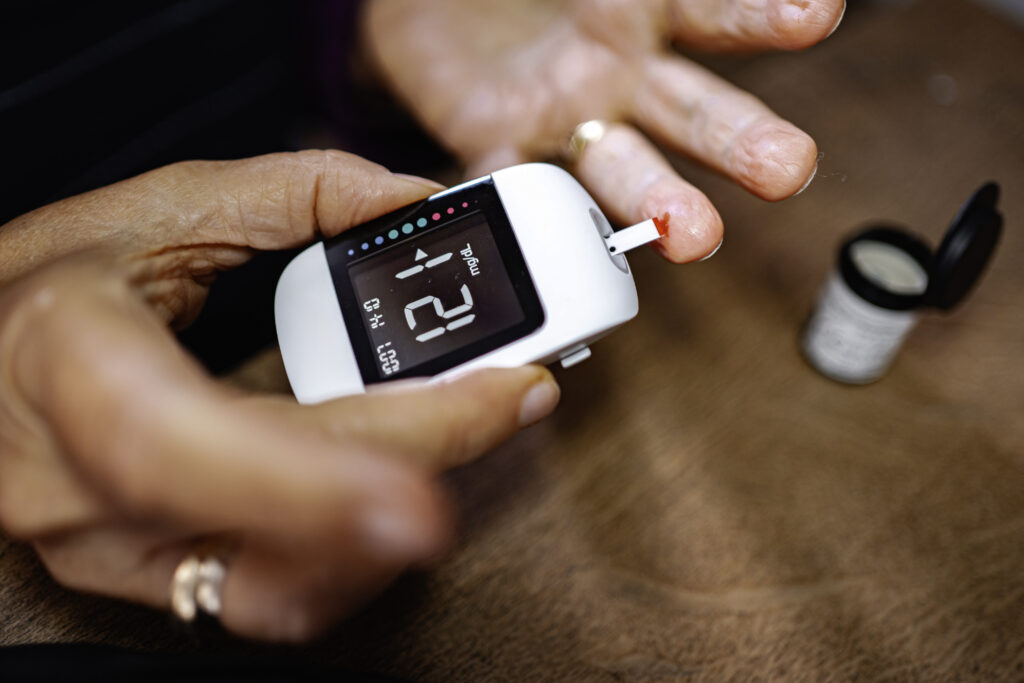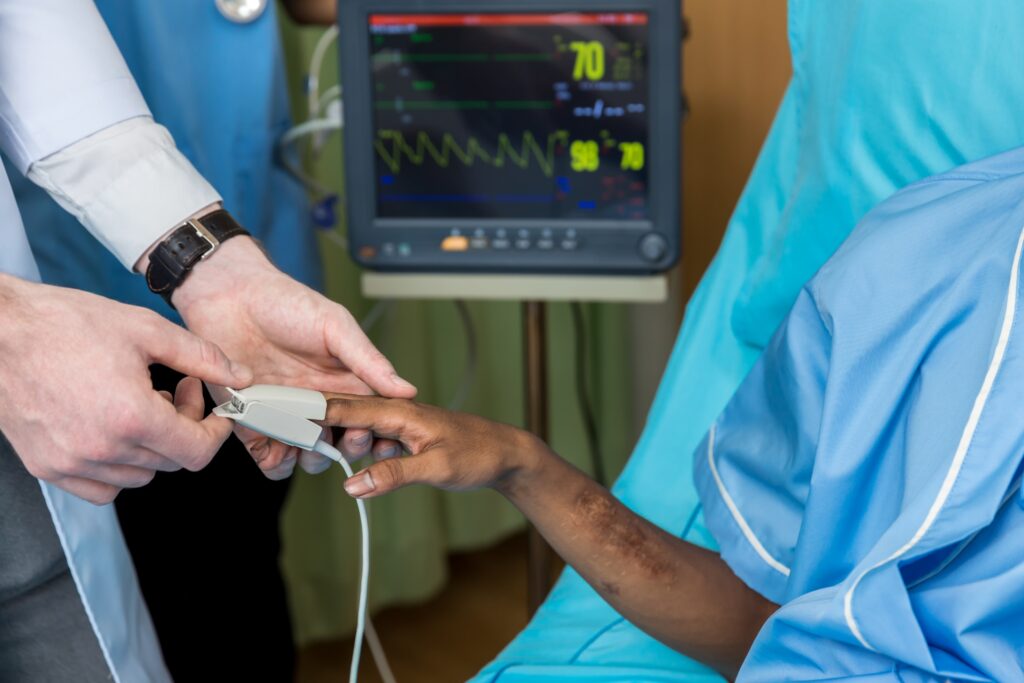
Miniaturization of the Medical Device Component
As society continues its relentless pursuit of smaller, more compact technology, the medical device component industry is following suit. Surgeries are becoming less invasive, more devices are becoming wearable, and implantable devices more prevalent. We continue to experience a miniaturization revolution when it comes to the medical device components, and Gulf Engineered Rubber and Plastics Solutions (Gulf) is at the forefront of innovative manufacturing.
Devices such as pacemakers, insulin pumps, blood glucose monitors, ultrasound devices, and more are constantly under the microscope of engineers exploring the benefits, challenges, and future implications of a smaller device. Let’s take a close look at the miniaturization of the medical device component today.

The Benefits of Medical Device Component Miniaturization
The medical industry is seeing benefits for both the patient and provider when it comes to smaller medical devices thanks to miniaturized components. First, the smaller in size the device the more likely the patient will experience enhanced comfort levels. Miniature devices also integrate into everyday life and functionality better than larger, bulky devices. Miniaturization enables the medical device to be inconspicuous and unobtrusive, something that’s a primary focus for many patients.
Secondly, the smaller the medical device component the less invasive procedures in the future need to be. This will reduce body trauma, recovery time, and possibly healthcare costs. Consider laparoscopic surgery. Tiny cameras and tools are now being utilized for complex surgeries through small incisions as opposed to larger incisions that would require a much longer recovery time. This often means enhanced procedural results as well.
In addition, the miniaturization of the medical device component enables remote monitoring. The wearable device empowers patients to take part in their healthcare and maintain good habits. Miniature sensors inside the device can track vital signs, detect abnormalities, and transmit real-time data to healthcare and emergency professionals. This takes personalized care to a whole new level.

Challenges With the Miniaturization of the Medical Device Component
Along with its benefits, the era of miniaturization also brings some challenges and things to consider. The smaller the device, the harder it may be to maintain or advance existing technology. It is not impossible, but it requires ongoing engineering solutions to enhance things such as performance, reliability, battery life, and more, all while adhering to strict medical industry regulations.
In addition, the smaller medical device components get, the more complex and challenging the manufacturing process. Assembly techniques may need to be adjusted and quality control measures updated as well. We as medical device component manufacturers will need to optimize each part of the pre-production and production process and implement additional testing protocols to ensure we meet the specific requirements of each component.
Lastly, in the age of the internet, cybersecurity and data privacy is always in question when new technologies emerge. As healthcare continues to advance and move online, and the interconnection of devices, systems, patients, and providers expands, we need to ensure that access to private information continues to stay safe and secure on every device.
What’s In Store for the Future of Medical Device Components and Miniaturization?
Designers, engineers, and manufacturers continue to look ahead with great promise for the future of miniaturization in medical device components. Materials, nanotechnology, and microfabrication techniques will drive us to unlock new possibilities. The goal is to continue to advance the medical industry in their drive to diagnose, treat, and care for patients with the utmost of excellence, and with the most advanced technology.
Two medical device components that have a lot of potential in a miniature size are microfluidic devices and microchips. The single drop of blood device that can detect illness and disease is a game changer, as well as personalized treatment and drug delivery from an implantable microchip.
The discussions and implementation of artificial intelligence (AI) in medical device components also continue. Predictive medicine and proactive healthcare within miniature medical devices is at our doorstep, and AI will be a big part of this era of medicine. The ability for things such as smart implants to analyze physiological data in real-time could greatly increase the chance of reducing medical emergencies in our country, which is the ultimate goal.
Contact Gulf With Your Medical Device Component Questions
Shrinking the size of medical device components is not a trend. We are in an era of transformation in medical history, and it is here to stay. By manufacturing smaller medical device components, the possibilities of care expand, which will redefine the future of patient medicine. Our engineers at Gulf are continuously exploring new avenues to support the needs of our customers, and would love to speak with you about your ideas revolutionizing the medical device component industry.
